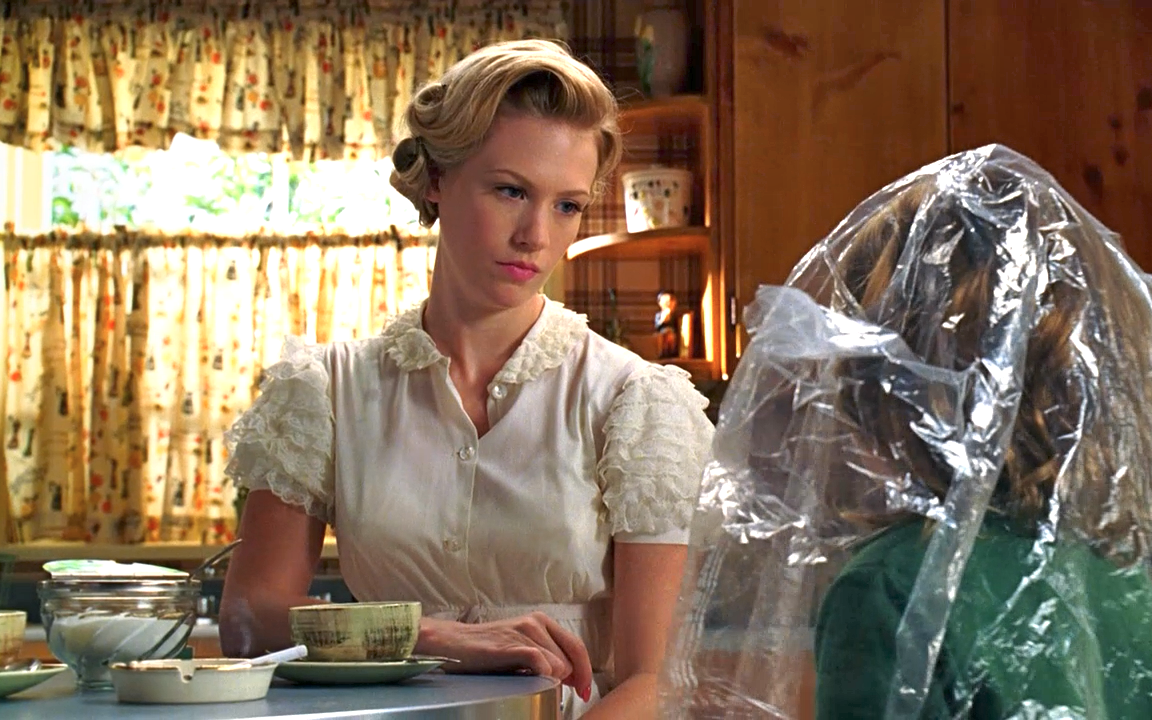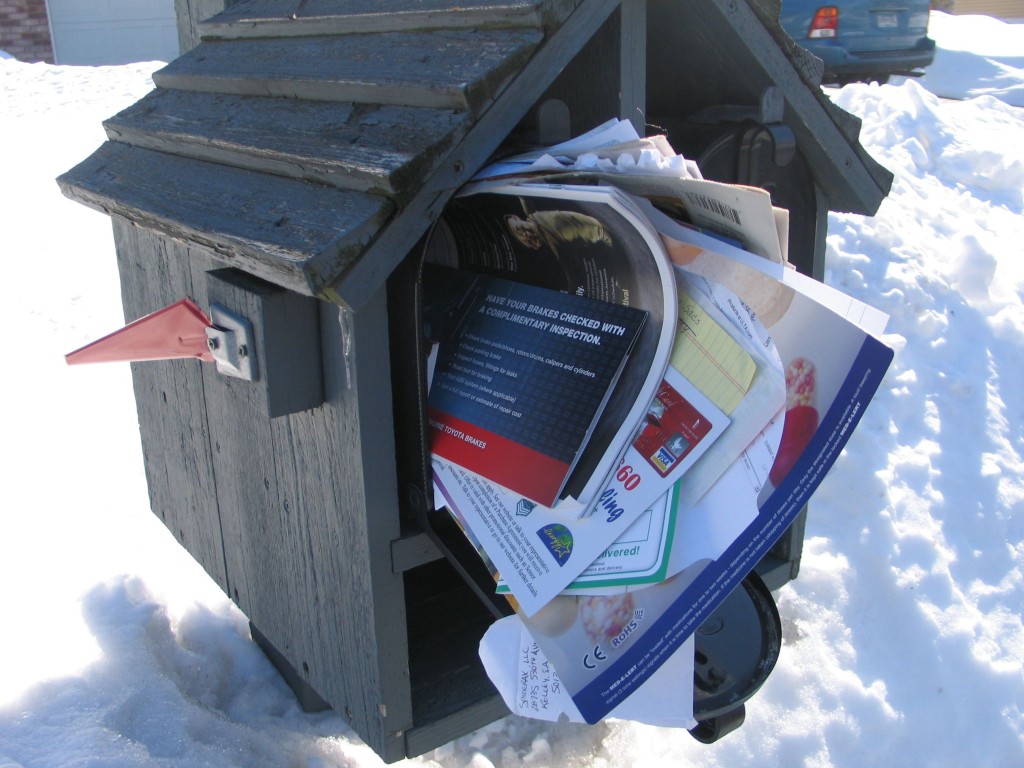
By Jessica Berget, Editor-in-Chief
Although our feature this week talks about Mother’s Day and motherhood, it’s important to recognize that not everybody can or will celebrate this day. Whether someone has had abusive parents, never knew their mothers, or they have since passed, it’s important to think about how other people interpret this day and why they might not choose to celebrate it. Namely, mothers who may have been abusive to their children, or willfully absent from their lives.
Data from a 2001 US Department of Health and Human Services “Child Maltreatment” report says that biological mothers are more likely to be abusers to their children rather than fathers. In fact, women made up nearly 60 percent of the abusers, while men made up almost 41 percent. For almost every abuser, neglect was the most common form of maltreatment.
A 2014 study released by Statistics Canada also shows a changing trend in physical abusers. Fathers in 1940 to 1959 were the abusers to children twice (40 percent) as often as mothers (20 percent); in 1980 to 1999, fathers and mothers nearly became equal in perpetrating physical harm to children, 34 percent and 28 percent respectively.
This statistic is very controversial for numerous reasons. Many people (myself included) assume that abuse would be more common with fathers, so seeing reports that argue otherwise is surprising. It is a somber finding and gives reason as to why some people may not wish to celebrate a day revolving moms and motherhood. I think it is a relevant fact to bring up with Mother’s Day close by because many still hold the belief that women can do no wrong, or are mainly victims of abuse, not the offenders. It is an uncomfortable to consider but gives important insight into other people’s experience of Mother’s Day. It is important to address positive stereotype because they can do a lot of harm as well.


